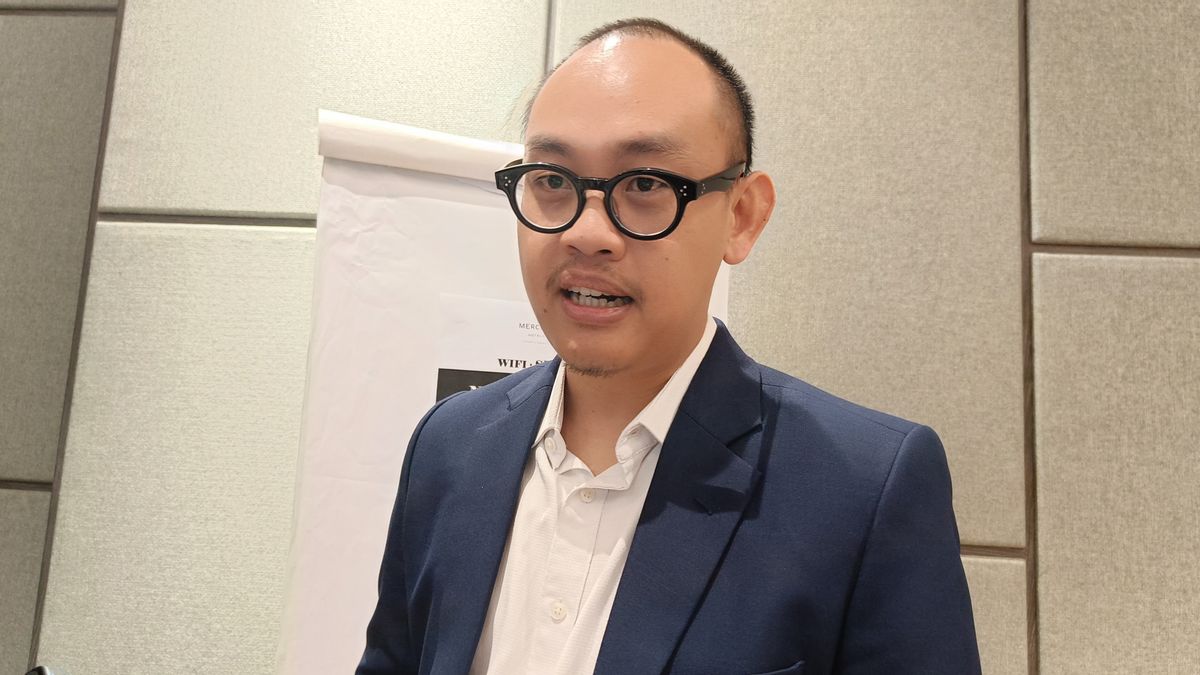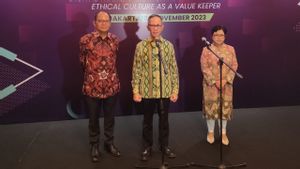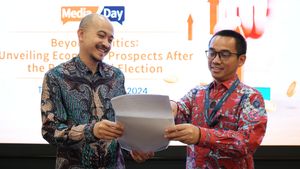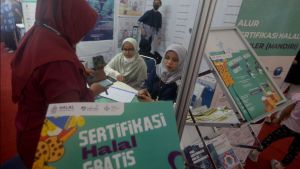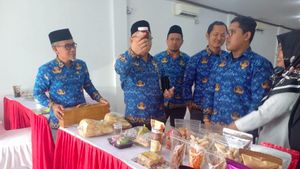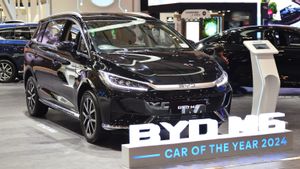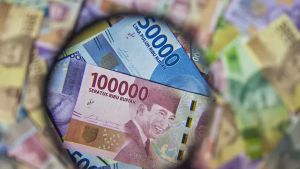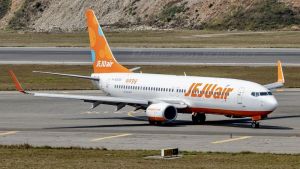JAKARTA - Director of the Center of Economic and Law Studies (Celios) Bhima Yudhistira advised the government to provide greater incentives to the recycling industry from nickel ore downstream products.
This is to encourage the yield of downstream nickel ore products to be used as raw material for electric vehicle batteries in the global market, such as in Europe, the United States and many other countries.
"To avoid negative or economic impacts that are actually small and pseudo from industrial downstreaming, the answer is to provide greater incentives to the recycling industry from batteries (electric vehicles)," said Bhima in Jakarta, Tuesday, February 20.
"So, it doesn't continue to extract and this turns out to be one of the trends that occur in the United States, Europe, in many countries they provide incentives for recycling," he added.
Bhima added that the government was also asked not to provide an extension of incentives for the smelter industry, which has a very high emission rate.
"Incentives such as tax holidays, tax allowances that until the previous 30 years were given to the nickel smelter industry must be given to the battery recycling industry. So there is a shift," he said.
SEE ALSO:
According to Bhima, there are other policies that the government can give to make this happen.
One of them is by providing a 0 percent exit fee for exporting products from battery recycling.
Still, Bhima said, this is in accordance with the regulations held by the European Union regarding the 30 percent need for critical minerals to be taken from their domestic recycling.
"This will also be a serious threat if we continue to export nickel processed products, because they also don't want to depend too much on imported nickel," he added.
The English, Chinese, Japanese, Arabic, and French versions are automatically generated by the AI. So there may still be inaccuracies in translating, please always see Indonesian as our main language. (system supported by DigitalSiber.id)
